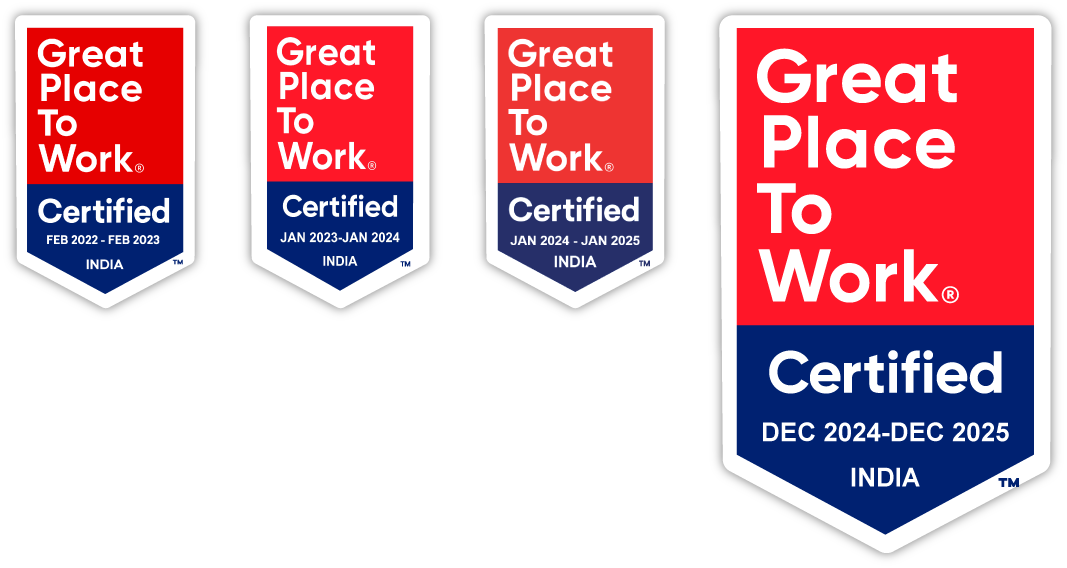Who are KOLs?
KOLs are key opinion leaders. They are experts in their scientific or therapeutic areas. Their contributions enable strategic decision-making for healthcare providers, hospitals, pharmaceutical businesses, and medical device providers.
KOL identification and mapping
At Excelra, we identify KOLs relevant to your scientific domain, market, or geography.
The KOL data we provide covers:
- Physicians
- Surgeons
- Caregivers
- Researchers
- Investigators
- Organizations
- Clinics
- Clinical trial centers
- Research institutions
We provide network mapping to identify connections between KOLs and various parameters so you can be extra confident of the quality and relevance of the data provided.
Scoring KOL profiles
Excelra employs a broad spectrum of parameters to score and generates an eminence score for each KOL profile. This score reflects the comprehensive analysis of the gathered data, providing a nuanced understanding of the KOL’s influence and expertise.
Scoring Parameters:
- Academic trajectory
- Professional background
- Geographical influence
- Domain expertise
- Conference engagements
- Peer-reviewed publications
- Clinical trial involvement
Eminence Score Calculation:
- Utilizing artificial intelligence algorithms
- Mathematical models
Impact on Decision Making: The derived KOL data serves as a vital tool for healthcare and pharmaceutical companies to identify the pertinent experts who offer insights crucial for tackling challenges and capitalizing on opportunities in treatment development and disease targeting. Poor KOL data limits the ability to accurately identify challenges and opportunities, so selecting the most eminent, domain-relevant KOLs is of huge importance and can save significant time and money throughout the drug development journey.
Our methodology:
At Excelra, we follow a strict, quality-controlled process to accurately identify, profile, and network-map KOLs.
Each step is completed by our highly qualified and experienced analysts. They identify and profile KOLs who meet the precise requirements set by the client. Then they connect KOLs with organizations and institutions to produce a network map of many inter-connected points.
Clear Requirements Definition: Ensure that your analysts fully understand the precise requirements set by the client for identifying KOLs. This clarity helps in accurately profiling the right experts.
Analyst Expertise: Emphasize the importance of highly qualified and experienced analysts who can effectively identify and profile KOLs. Their expertise is crucial in selecting the most relevant individuals.
Thorough Profiling: Encourage thorough profiling of identified KOLs to capture comprehensive information about their expertise, influence, affiliations, and contributions in the relevant field.
Network Mapping: Implement effective techniques for network mapping to visualize the relationships and connections among KOLs, organizations, and institutions. This provides valuable insights into the influence landscape.
Subject Matter Expert Review: Engage subject matter experts to review and verify the generated data, ensuring accuracy and reliability by identifying and rectifying any inconsistencies or outliers.
Random Data Sampling for Quality Assurance: To ensure exceptional quality, data is randomly extracted for further review by a quality analyst (QA) or quality control (QC) expert. If our high standards are met, the data is delivered to the client.
Data Delivery Flexibility: We offer flexibility in data delivery in bespoke formats (reports, spreadsheets, or APIs) to accommodate the client’s preferences and requirements.
Data Integration Services: We provide data integration services to support in seamlessly integrate the KOL data into the clients existing processes and systems. This enhances efficiency and optimizes the utilization of the acquired information.
The data generated from the profiling and network map is then reviewed and verified by subject matter experts to remove any observed inconsistencies and outliers.
The benefits of high-quality KOL profile data
- Helping pharmaceutical companies make confident, well-informed decisions before taking new products to market.
- Helping patient communities when selecting appropriate pharmaceutical products and treatment modalities.
- Guiding healthcare professionals to understand patient requirements and driving organizations to meet those requirements.
- Improving coordination among stakeholders across the healthcare sector.
In pharmaceutical companies and biotechs, KOL data helps take new products (drugs and therapeutic modalities) to patient communities, reduce waiting times for suitable drugs, and improve the efficacy of marketing activities.
In clinical trials, KOL data helps identify appropriate sites for trials and groups of patients. It also helps mitigate challenges associated with trial participation.
In medical device companies, KOL data aids in identifying and connecting target patients, physicians, and hospitals.
Why Excelra?
We’re committed to contributing to discoveries and developments that improve patients’ quality of life.
Our promise:
- We maintain trusted partnerships
- We never outsource – all of our data curation is completed manually by our SMEs
- We provide high-quality disease- and geography-specific KOL profiles
- We profile and rank KOLs by screening a wide variety of digital sources
- We provide KOL data that is accurate, non-redundant, and up-to-date


